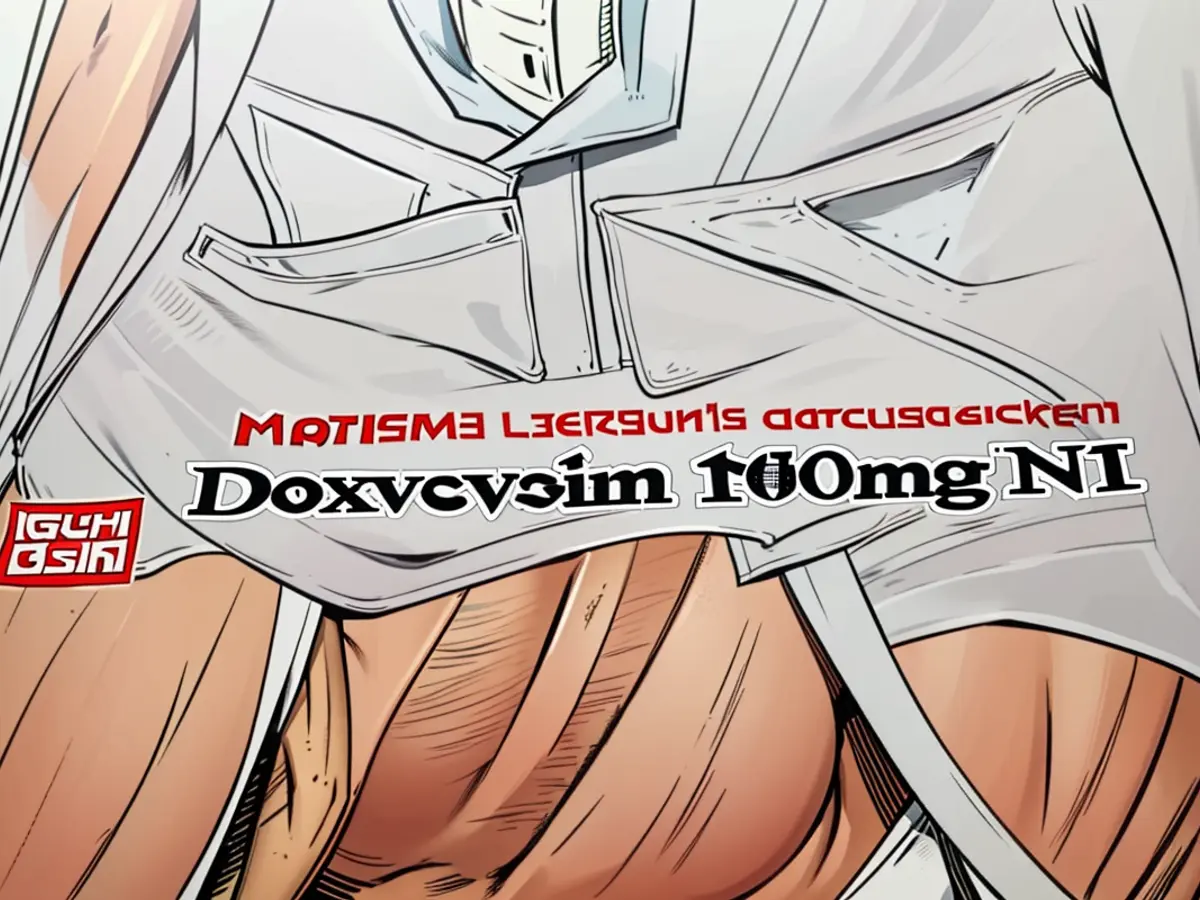Once more, Germany encounters a scarcity of pharmaceuticals
In the previous year, German legislators introduced various initiatives to combat persistent medicine shortages, but the effects seem minimal. As per the pharmacists' organization, numerous antibiotics continue to be out of stock.
Once more, medicines are in dire straits in Germany. "The end of these supply issues is nowhere in sight. We're particularly alarmed that many antibiotics remain unavailable, and we haven't even entered the cold season with its multitude of respiratory infections yet," remarks Thomas Preis, head of the North Rhine Pharmacists' Association, to the "Rheinische Post". A staggering 500 medications are currently listed as unavailable.
Preis mentions Doxycycline and Azithromycin as illustrative cases. "We're currently facing severe shortages. The situation with Doxycycline is expected to improve with supplies from Cameroon," the pharmacist explains. "Patients will receive their medication in English, French, or Portuguese packaging. Since there are no German-language usage instructions, the pharmacy staff will have to spend a considerable amount of time explaining safe usage."
The crux: "Pharmacies are forced to find alternatives for roughly half of all prescriptions to maintain patient supply. This affects approximately 1.5 million patients daily across the country," Preis proceeds.
New Law: "Little Impact"
Persistent shortages, particularly of children's medications, led German legislators to enact a battery of measures last year. This included increased stockpiling, higher storage requirements for hospitals and associated pharmacies, and incentives for pharmaceutical companies to produce reserve antibiotics.
However, according to pharmacist Preis, these measures have had little impact: "The Antidrug Shortages Act (ALBVVG) has been in effect for over a year, but it's had hardly any impact," laments Preis. "Politicians and pharmaceutical manufacturers must now finally establish a stable environment."
The Antidrug Shortages Act (ALBVVG) was introduced to address persistent medication shortages, but as per pharmacist Preis, it has had minimal impact on the availability of medicinal products. Despite the efforts to increase stockpiling and incentivize the production of reserve antibiotics, numerous medicinal products, including several antibiotics, continue to be out of stock in pharmacies.








